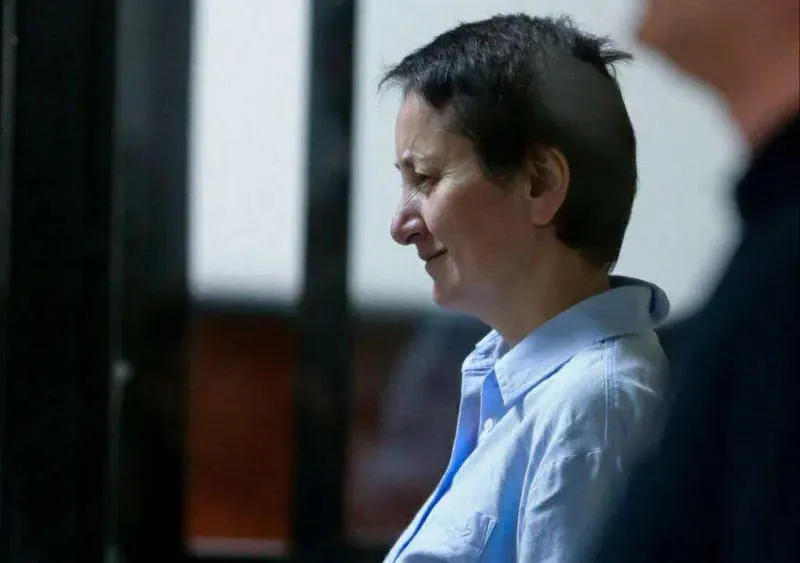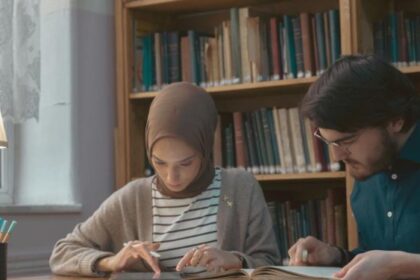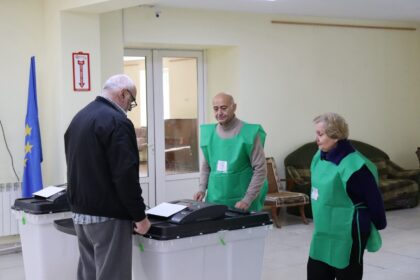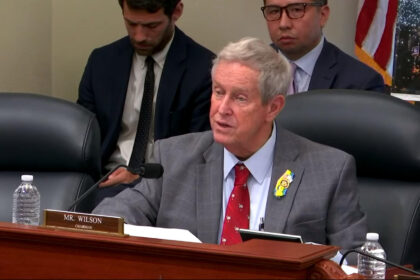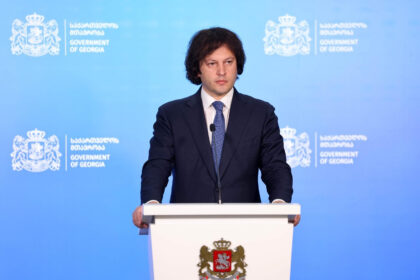**Batumelebi Founder Sentenced to 2 Years in Prison: A Closer Look**
In a recent development, Batumi City Court Judge Nino Sakhelashvili has reclassified the charges against Mzia Amaghlobeli, the founder of “Batumelebi.” This move has significant implications for Amaghlobeli’s fate. The original charges were serious, but the judge has now opted to convict her under Article 353^1 of the Criminal Code.
**Understanding the Charges**
Article 353^1 refers to resistance, threats, or violence against a public order officer or another representative of the authorities. This article is often used in cases where individuals are accused of physical altercations or verbal confrontations with law enforcement officials. In Amaghlobeli’s case, it appears that she has been convicted under this article, which carries a relatively harsh penalty.
**The Sentence: 2 Years in Prison**
Judge Sakhelashvili has sentenced Mzia Amaghlobeli to 2 years of imprisonment. This is a significant term, especially considering the circumstances surrounding the case. The sentence suggests that the judge believes Amaghlobeli’s actions warranted a substantial penalty. However, some may question whether this punishment is proportionate to the alleged offense.
**Commentary and Analysis**
The reclassification of charges and subsequent sentencing have sparked concerns within civil society groups. Some have argued that the treatment of Amaghlobeli reflects a broader trend of repression against activists and journalists in Georgia. Others believe that the sentence is excessively harsh, given the circumstances of the case.
In this context, it’s worth noting that freedom of expression and assembly are fundamental rights in any democratic society. The prosecution of individuals for peaceful activism or journalism can have far-reaching consequences, silencing voices and chilling dissent. As such, Amaghlobeli’s sentencing serves as a reminder of the need for vigilance and protection of these essential freedoms.
**What’s Next?**
As the situation unfolds, it remains to be seen how this decision will impact Mzia Amaghlobeli and her organization, “Batumelebi.” Will she appeal the sentence, or will she serve out her 2-year term in prison? How might this development affect the broader landscape of civil society in Georgia? These questions will continue to be watched closely by observers.
Read More @ www.interpressnews.ge




